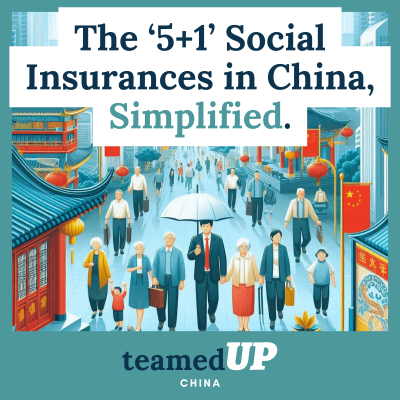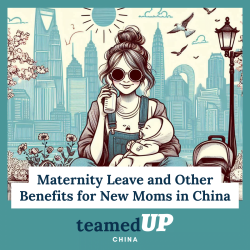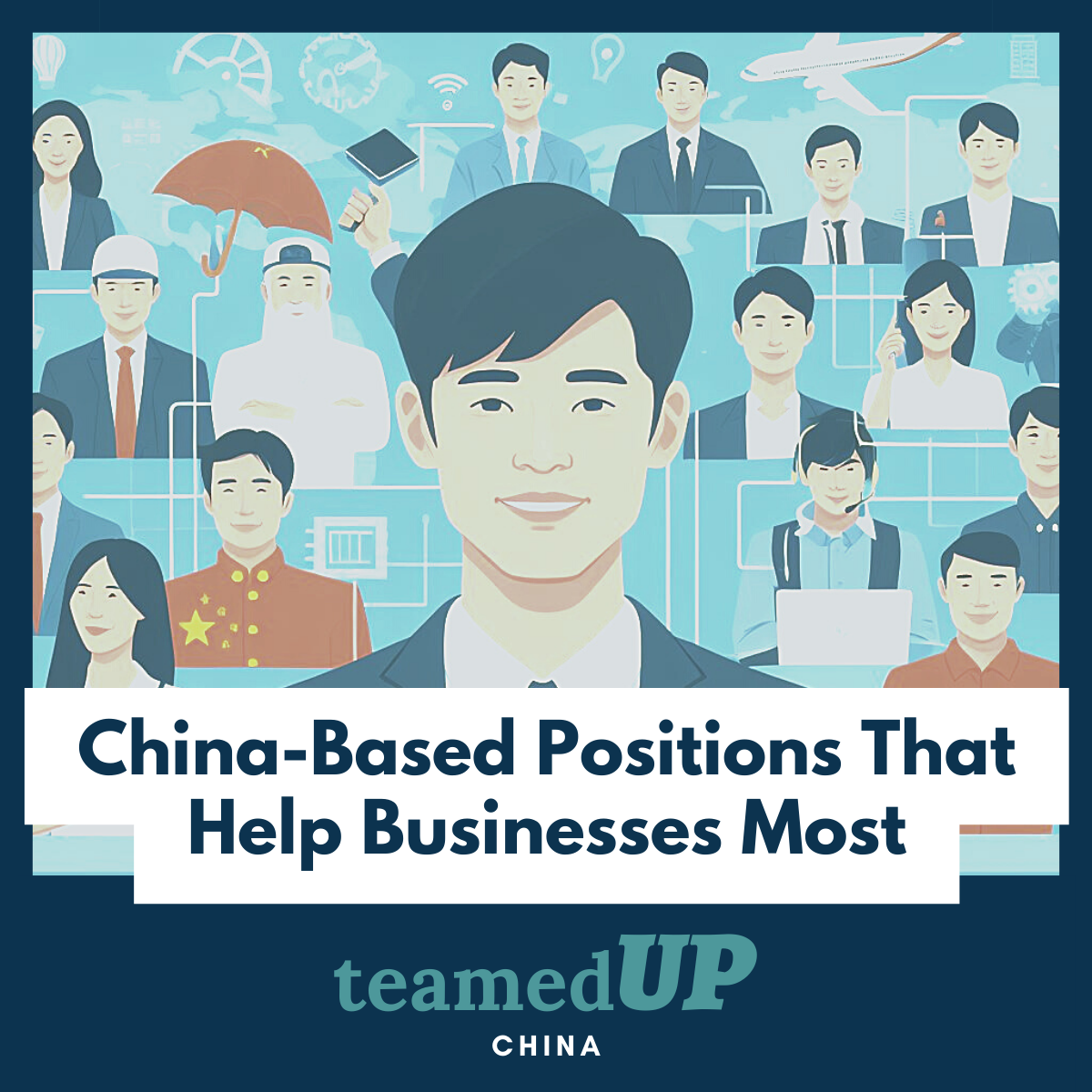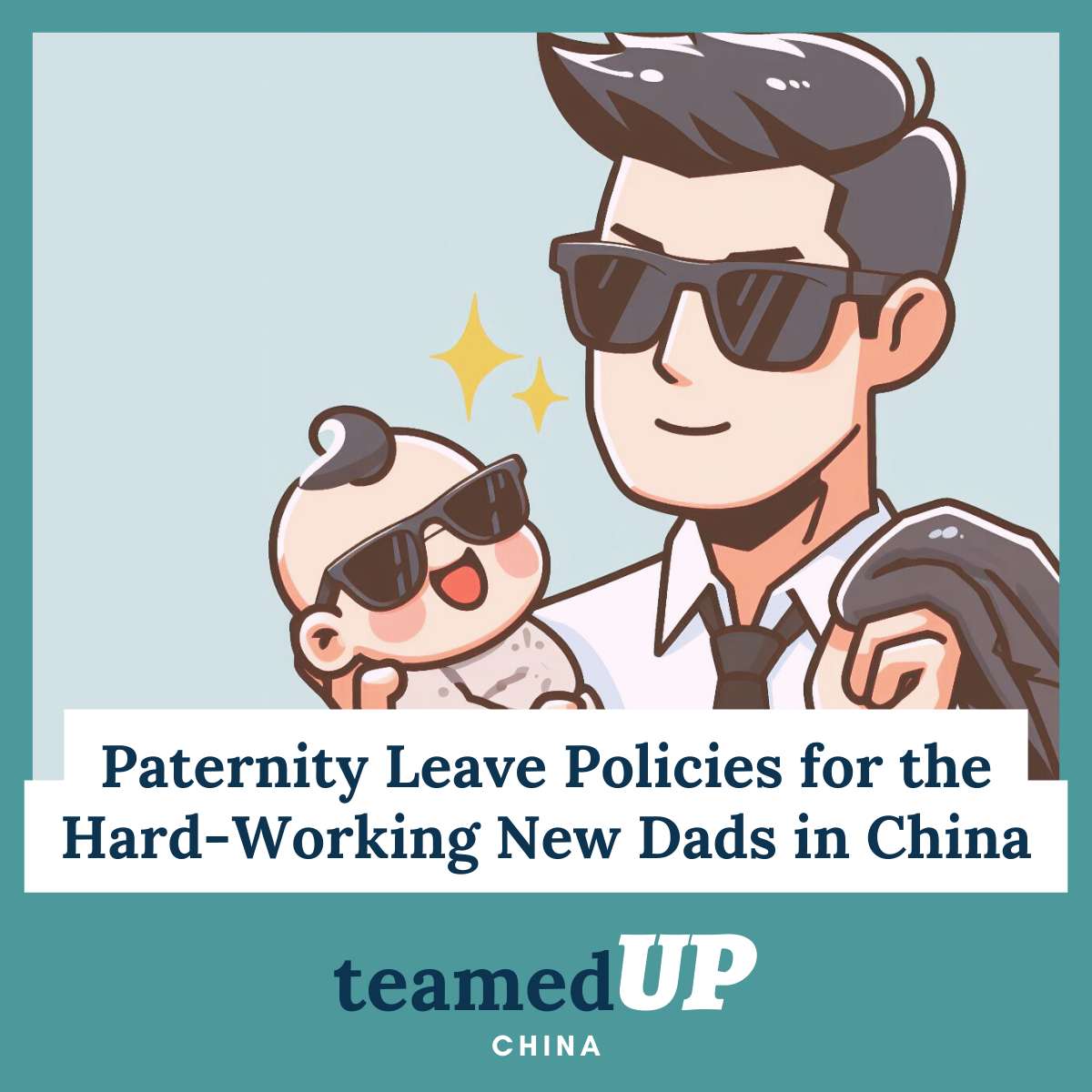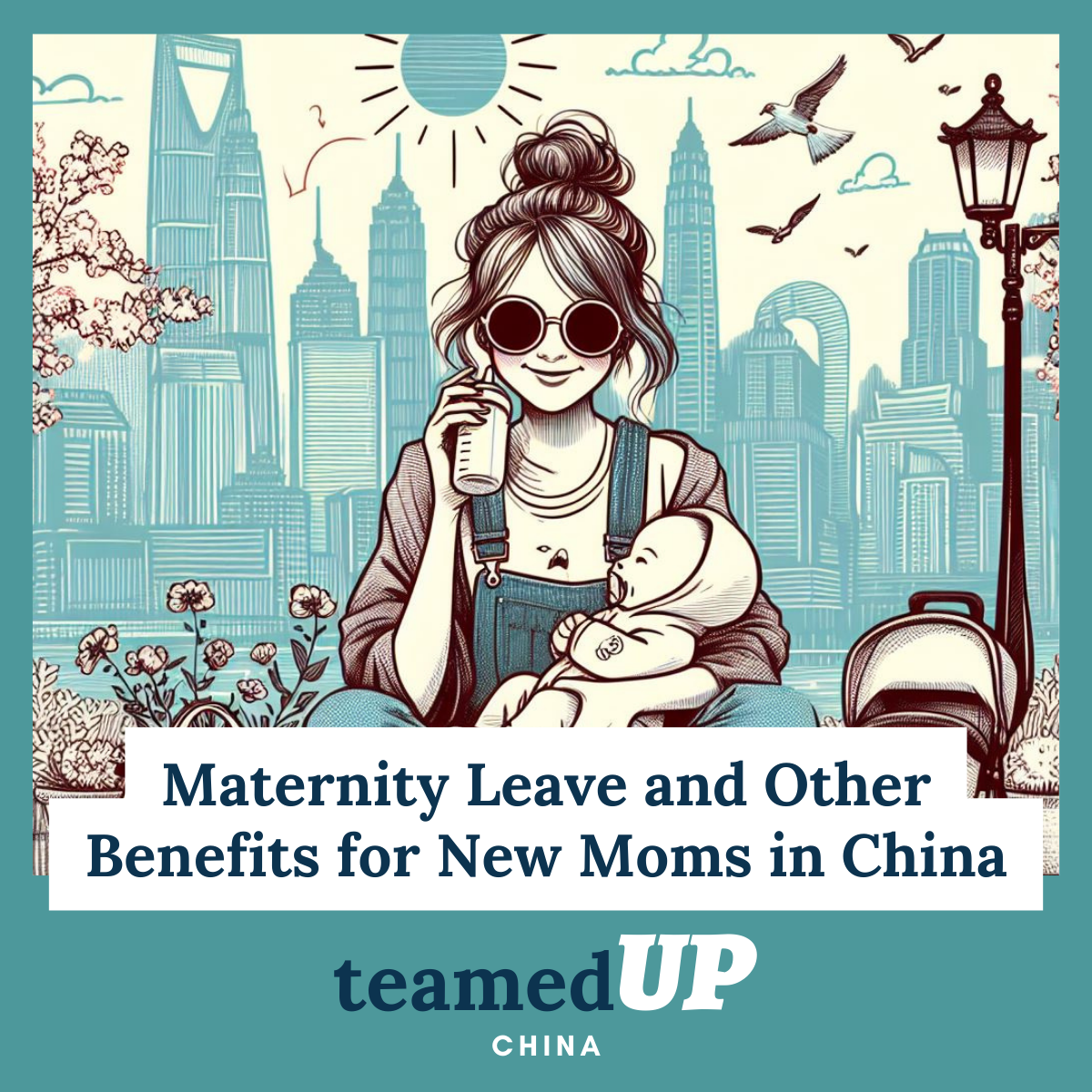China’s social insurance system, known as ‘五险一金’ (Wǔxiǎn Yījīn), is a comprehensive framework designed to provide financial security and welfare benefits to its citizens.
‘五险一金’ translates to ‘Five Insurances and One Fund’.
This system, introduced in the 1990s, has evolved to cover a wide range of social insurance programs, ensuring that employees have access to essential benefits throughout their employment and into retirement.
Now the tricky part is finding a simple, clear overview of these policies without getting into the fine print and, well, things that 99.9% of employees and managers don’t need to know.
So that’s what we’ll aim to do here today! We’ll keep it brief, super clear, and accompanied by some organized, official sources.
Onward with a top-line look at social insurance in China!
Table of Contents
ToggleHiring in China?
Social Insurance in China:
'Five Insurances and One Fund'
1. Pension Insurance (养老保险 yǎnglǎo bǎoxiǎn)
Pension insurance is intended to provide financial support to individuals after they retire.
Both employers and employees contribute to this fund. The contribution rates vary by region, but typically, employers contribute around 16% of the employee’s salary, while employees contribute approximately 8%.
Dive Deeper:
2. Medical Insurance (医疗保险 Yīliáo bǎoxiǎn)
This insurance covers part of the medical expenses incurred due to illness or non-work-related injuries.
The contribution rates for medical insurance also differ by region, with employers contributing between 5% and 12% of the employee’s salary, while employees usually contribute around 2%.
Dive Deeper:
3. Unemployment Insurance (失业保险 Shīyè bǎoxiǎn)
Unemployment insurance provides financial assistance to individuals who have involuntarily lost their jobs.
Employers typically contribute about 0.5% to 1% of the employee’s salary, while employees contribute approximately 0.5%.
This insurance aims to support workers during periods of unemployment, helping them to maintain a stable income and find new employment opportunities.
Dive Deeper:
4. Work-related Injury Insurance (工伤保险 gōngshāng bǎoxiǎn)
This insurance covers medical expenses and compensation for employees who suffer injuries or illnesses related to their work.
The contribution rates for employers range from 0.5% to 2%, depending on the industry and job risk level.
Dive Deeper:
5. Maternity Insurance (生育保险 Shēngyù bǎoxiǎn)
Maternity insurance supports female employees during childbirth, covering part of their medical expenses and providing salary during maternity leave.
Employers usually contribute between 0.5% and 1% of the employee’s salary to this insurance.
Dive Deeper:
6. Housing Provident Fund (住房公积金 Zhùfáng gōngjījīn)
The Housing Provident Fund is a mandatory savings scheme that helps employees save for housing.
Both employers and employees contribute to this fund, typically at rates ranging from 5% to 12% of the employee’s salary. This fund is most commonly used for purchasing homes, home repairs, or paying rent.
Dive Deeper:
Table of Contents
ToggleHiring in China?
We can help, and likely lower your hiring costs by over 80%
Our China Candidate Sourcing service helps companies reach great talent across leading Chinese job platforms.
Contact us to discuss hiring goals, salary & compensation budgets in China, and if TeamedUp China is the right fit to support your organization.
Let’s find your next great China-based team member together.

